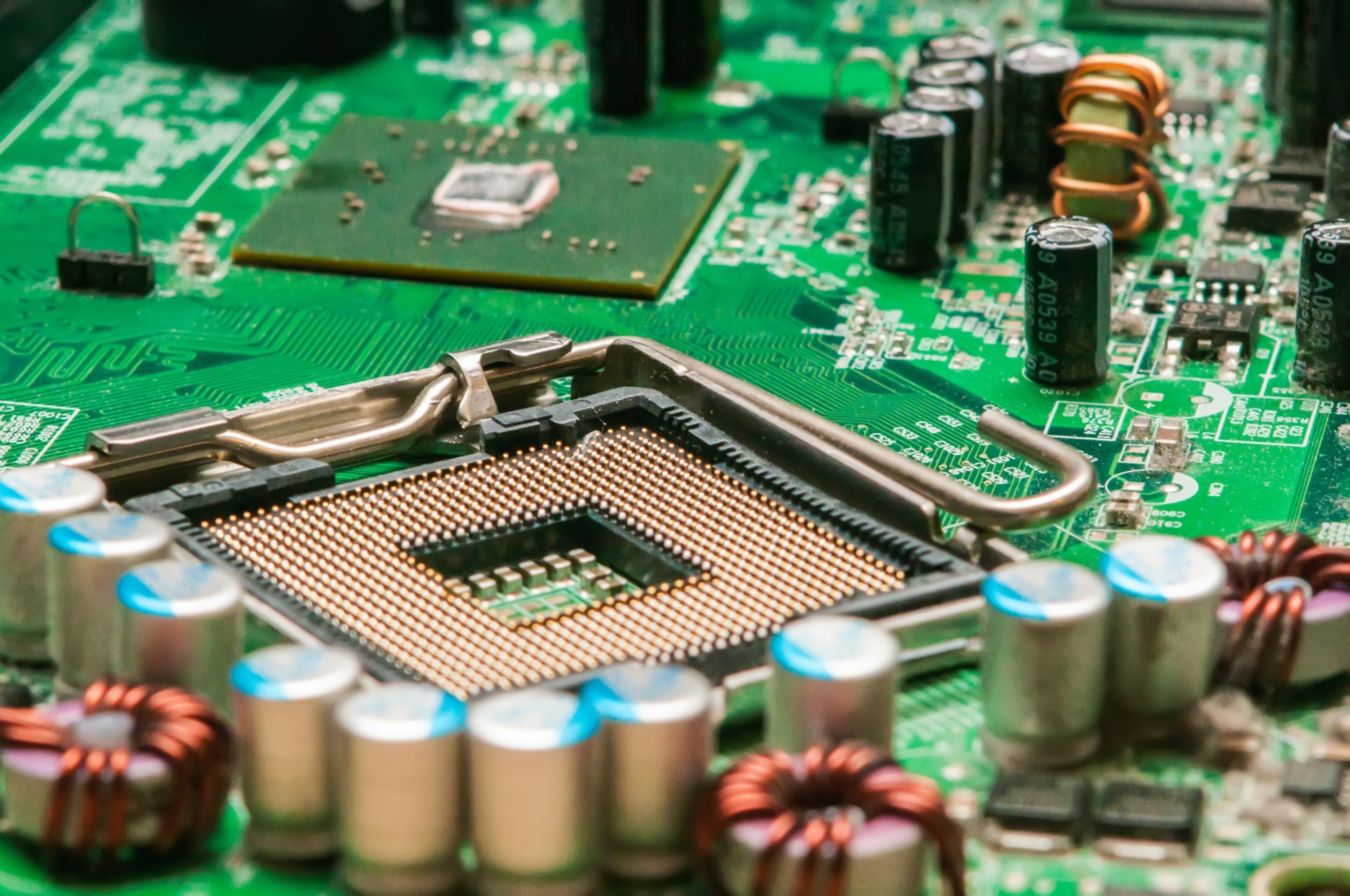Electronics and instrumentation engineering, a dynamic and multifaceted discipline, sits at the intersection of engineering principles and technology. Have you ever paused to ponder how intricate systems communicate or how data is gathered and interpreted from various sensors? This discipline not only addresses these queries but also presents challenges that can be as stimulating as they are complex. In an age dominated by technological advancements, understanding this field’s structure and implications becomes increasingly crucial.
At its core, electronics and instrumentation engineering encompasses the design, development, testing, and maintenance of electronic systems and instruments used for measurement and control. This field is founded upon the principles of electrical engineering, where the behavior of electrical components and systems is studied. Consequently, it dives into the minutiae of circuit design, signal processing, and system integration, culminating in a robust framework that supports advancements in various industries.
To unpack this, it is essential to delineate the primary components involved in electronics and instrumentation engineering. First, consider the fundamental building blocks of electronics—small electronic components such as resistors, capacitors, diodes, and transistors. What if these components were rules in a board game? Each piece serves a unique purpose, working in harmony to create complex strategies (or circuits). Understanding these components is vital, as they serve as the foundation for more intricate systems. The relationship between these components can involve both linear and non-linear circuits, thereby dictating a variety of applications, from everyday consumer electronics to sophisticated aerospace systems.
Instrumentation, often intertwined with electronics, takes this a step further. It involves the precise measurement and control of physical quantities such as temperature, pressure, flow, and level. Consider the challenge of accurately measuring the pressure in a fluctuating environment. Instrumentation engineers devise gauges, sensors, and transducers to convert these physical parameters into readable signals. They employ various sensing technologies, including thermocouples, strain gauges, and capacitive sensors. These devices not only collect data but also ensure that measurements are consistent and reliable, thereby mitigating potential errors in data interpretation.
As industries move towards automation and smart technologies, the demand for sophisticated instrumentation systems surges. By integrating microcontrollers, field-programmable gate arrays (FPGAs), and digital signal processors (DSPs), engineers can create adaptable instruments that cater to specific tasks. This agility allows for real-time data processing, ushering in a new era of operational efficiency. However, with this capability comes the challenge of ensuring robustness and security against both physical and cybersecurity threats, posing questions about the integrity of the data collected.
In the realm of applications, electronics and instrumentation engineering manifests in a plethora of domains. In healthcare, for instance, sophisticated diagnostic instruments utilize intricate sensing techniques to monitor patient vitals, ensuring timely interventions and enhanced patient care. The realm of environmental monitoring benefits from the use of sensors that track pollution levels, contributing to our understanding of climate change challenges. Transportation systems are optimized through various signaling and monitoring technologies, where electronic control systems govern everything from flight navigation to railway signaling.
Moreover, industries such as manufacturing increasingly rely on automation powered by electronics and instrumentation engineering. Automated assembly lines deploy robots equipped with sensors and feedback systems to maintain quality and efficiency. But can we fully trust these systems? The transition to automation spurs rigorous discussions on the ethical implications and the need for skilled engineers who ensure robust, fail-safe operations.
The academic foundations of this discipline are profound and intricately woven with theoretical and practical components. Engineering programs typically blend rigorous coursework in circuit theory, control systems, digital electronics, and embedded systems with hands-on laboratory experiences. Students engage in projects where they not only design and implement electronic circuits but also program the accompanying software that drives these systems. This holistic approach fosters a generation of engineers equipped to tackle the complex challenges that arise in the field.
As one considers the versatility of electronics and instrumentation engineering, it becomes evident that the field continuously evolves. Emerging technologies such as the Internet of Things (IoT) and Industry 4.0 radically transform how we perceive instrumentation. The introduction of smart sensors capable of communicating and cooperating with one another expands the boundaries of traditional instrumentation methods. Yet, with this novelty comes the challenge of integrating and standardizing these technologies, necessitating collaboration among engineers from varied specialties.
In conclusion, electronics and instrumentation engineering is an exhilarating field characterized by its intricate interplay of components, instrumentation techniques, and diverse applications. As engineers continue to push the envelope, they navigate challenges that call for creativity, problem-solving skills, and a commitment to ethical considerations in technology. As we find ourselves at the precipice of unprecedented advancements, one must ask: Are we prepared to embrace the responsibilities that come with such power? The path forward is riddled with questions and challenges that demand responsive and innovative approaches.










